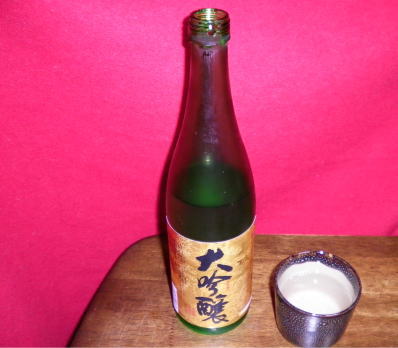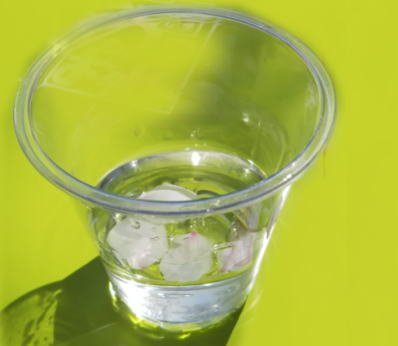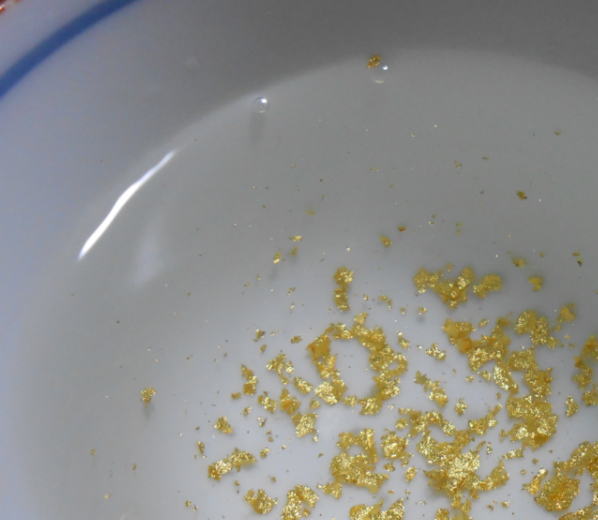Last update September 4, 2025
Japanese Drink - Sake -

Sake
さけ, 酒
Japanese Rice Wine
How about a fruity, sweetish Sake for Hanami (cherry blossom viewing), a dry and sharp kind for a summer evening, a deep roundness for Tsukimi (autumn full moon viewing) and rich Atsukan (hot Sake) in winter? There are many variations according to how the three main ingredients of rice, Koji (a fermentation starter), and water are blended. Sake (also called Nihon Shu) can be served warm, cold, or at ambient temperature, in different drinking vessels depending on the type and occasion. On New Year’s Day, Sake called Omiki is offered to deities in a special container called Heishi while people consume the version called Otoso (meaning to destroy the evil and reinvigorate one's spirit) sometimes mixed with gold foil flakes, in a lacquered or gala Sakazuki (cup). When a large barrel is broken at a celebration, the content will be served in a wooden box called Masu. Chilled or non-heated Sake uses glassware, but it's drunk from an Ochoko (small cup) poured via a Tokkuri (bottle) when heated. Native to Japan, the beverage can be tasted in many ways. How do you like your Sake tonight?

A Sake bottle and cup.
|

Sake served at Hanami with accidentally fallen petals.
|

Sake for the New Year mixed with gold foil flakes.
|

A Sake bottle and cup.

Sake served at Hanami with accidentally fallen petals.

Sake for the New Year mixed with gold foil flakes.
|
|


